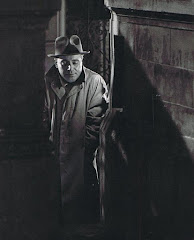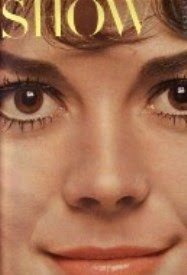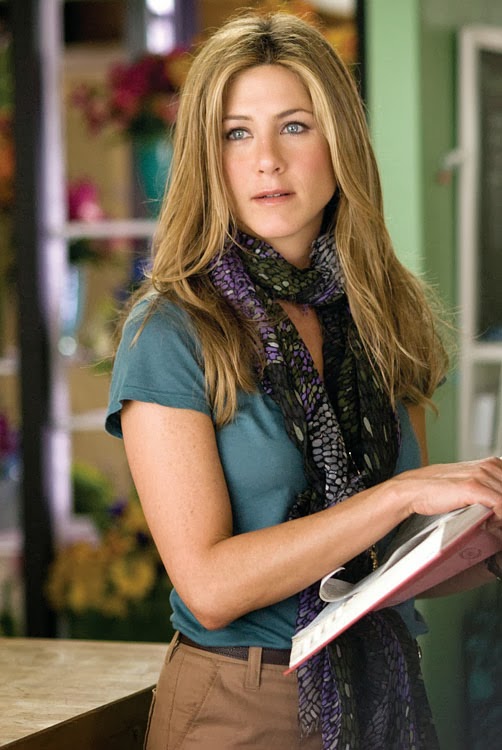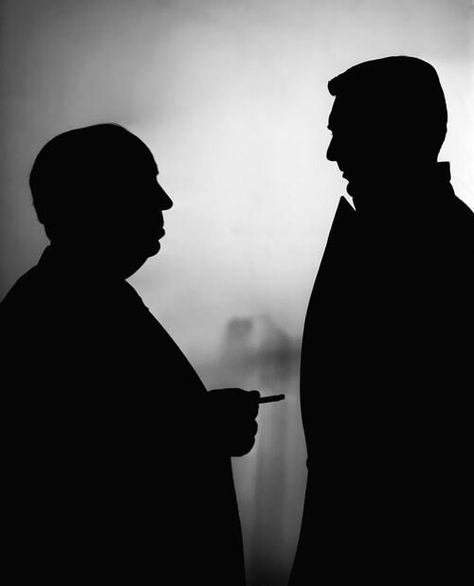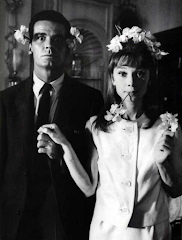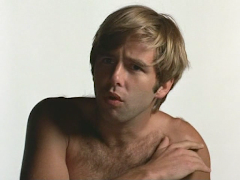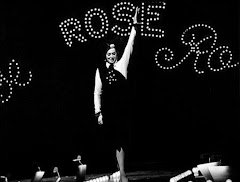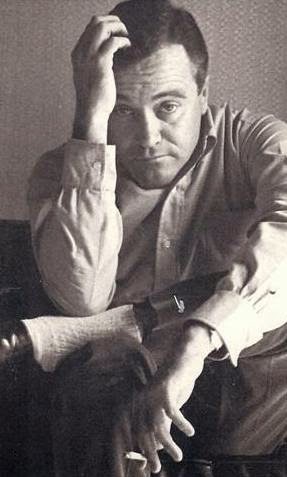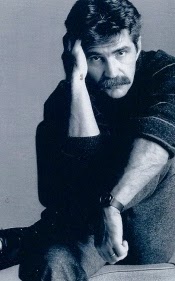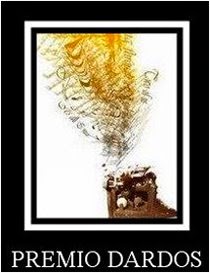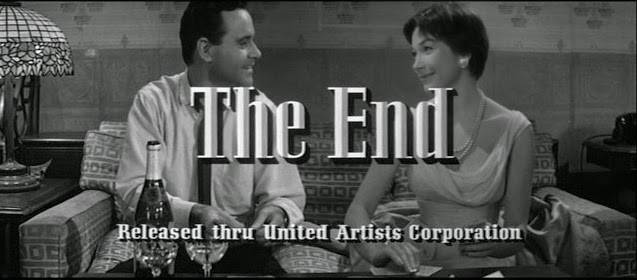
Silvana Mangano (far left) and fellow prisoners Jeanne Moreau, Vera Miles, Carla Gravina and Barbara Bel Geddes face off with Nazi Richard Basehart in Ritt's "Five Branded Women" (1960)
 In 1960, Martin Ritt joined forces with super producer Dino DeLaurentiis for a most provocative war-time drama, abetted by five talented, diverse actresses who, in tandem, bring an international flair - and constrasting acting styles - to "Five Branded Women." For the resourceful DVD addict, Ritt's film would make a fine double-bill with John Ford's similar "7 Women" (1966).
In 1960, Martin Ritt joined forces with super producer Dino DeLaurentiis for a most provocative war-time drama, abetted by five talented, diverse actresses who, in tandem, bring an international flair - and constrasting acting styles - to "Five Branded Women." For the resourceful DVD addict, Ritt's film would make a fine double-bill with John Ford's similar "7 Women" (1966).Silvana Mangano, Jeanne Moreau, Vera Miles, Carla Gravina and Barbara Bel Geddes - all cast as Yugoslavians - are the titular women, ostracized by their country's Partisans for having had sexual relations with a Nazi officer, initially played with an all-American swagger by Steve Forrest.
As further punishment for their shared transgression, each one is branded by having her hair shaved - a symbol of their shame. Hence, the title. (The film's working title was "Jovanka and the Others" - Jovanka being the Mangano character.) Forrest's Nazi doesn't exactly get off easy: He's castrated by the Partisans and few scenes are as bluntly memorably as the moment when Forrest shouts from a window, "I am no longer a man!"
The film then follows the women, unknown to each other and suspicious of each other, as they reluctantly band together for the sake of survival - stealing food, dodging rapists and picking up guns and fighting.
The script by Ivo Perilli (with uncredited help by Michael Wilson and Paul Jarrico) is based on the novel, "Jovanka e le altre," by Ugo Pirro and takes time out for some quiet introspective moments as each woman shares what she hoped to gain from her relationship with Forrest. One of the women turns out to be pregnant; another attempts suicide.
And she never even slept with Forrest.
"Five Branded Women," directed by Ritt with his usual fluidity and political conscienceness, is grim and yet it's a startling testament to human resilience - and an examination of the torments of guilt and separation.
Its fine supporting cast includes Van Heflin, Harry Guardino and Richard Basehart as another Nazi. Its harshly atmospheric black-&-white cinematography is by Fellini favorite, the great Giuseppe Rotunno, who also did "All That Jazz" and "Carnal Knowledge." It looks very European.
Now ... where's the DVD?
Note in Passing: If Vera Miles hairline always looked suspicious to you in Alfred Hitchcock's "Psycho" (1960), it's because she had to wear a wig throughout the production. Miles had made Ritt's film immediately prior to "Psycho" and her hair was still crew-cut length, requiring a wig.


